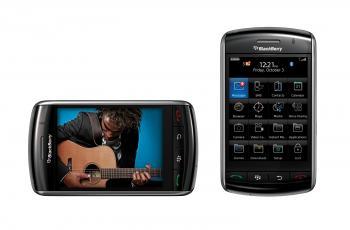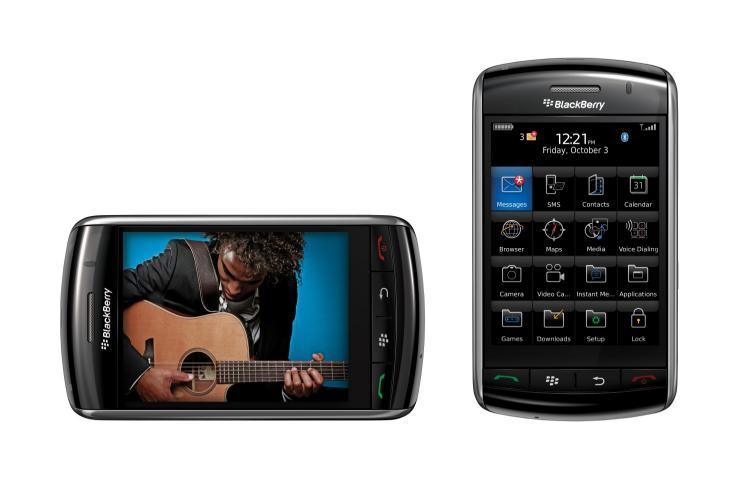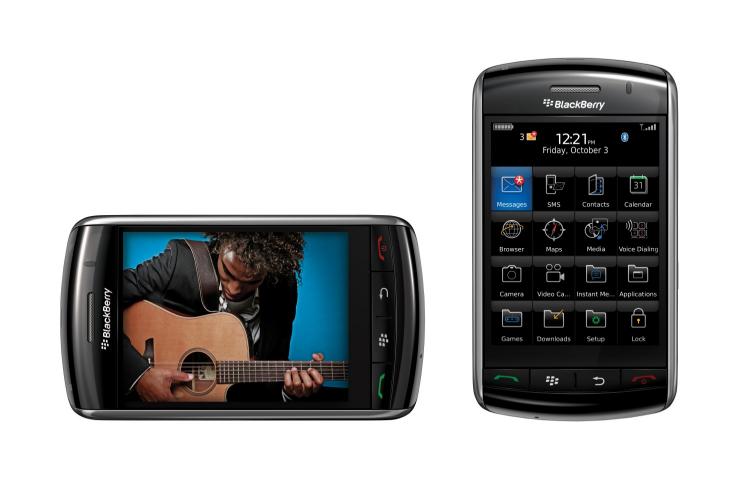DUBAI, United Arab Emirates—Governments in the Middle East may be considering banning the immensely popular BlackBerry smartphone, on the grounds that the device undermines national security.
A statement voicing concerns about the device was issued by the United Arab Emirates telecoms regulator on Sunday, prompting fears from the country’s half million BlackBerry users over an eventual ban.
The UAE follows Saudi Arabia, Kuwait, and India in voicing protest over the device manufacturer, Research in Motion (RIM), and its refusal to disclose e-mail data of its customers.
“Currently, BlackBerry operates beyond the jurisdiction of national legislation, since it is the only device operating in the UAE that immediately exports its data offshore and is managed by a foreign, commercial organization,” a statement from the UAE’s Telecommunications Regulatory Authority (TRA) said.
“As a result of how BlackBerry data is managed and stored, in their current form, certain Blackberry applications allow people to misuse the service, causing serious social, judicial, and national security repercussions.”
The UAE, a conservative Muslim country, tightly regulates the Internet use of its 6 million inhabitants and filters out adult material.
In addition, it monitors e-mail, phone, and text messages for inappropriate material as well as unsubstantiated rumors that could undermine national security.
However, since BlackBerry customers communicate over a secure encryption that only passes through RIM servers in Canada and the U.K., authorities in the UAE have been unable to monitor users.
The TRA has been in negotiations with RIM over allowing UAE officials access to e-mail and messenger records, but there has been little progress.
A number among the 500,000 BlackBerry users in the UAE fear a total ban on the device.
However, it is not the only country to object. Earlier this month, Indian officials gave RIM a deadline to provide access to its network.
Intelligence officials have been lobbying BlackBerry for two years, since encrypted data sent over BlackBerry’s was used to coordinate the Mumbai bombings in 2008.
In March this year, Saudi Arabian authorities were reported to have demanded RIM give access to its BlackBerry Messenger (BBM) network, threatening to shut down the service. However, the communication and information technology commission later decided against a block.
The Arab Times reported in May that Interior ministry officials in Kuwait were planning on shutting down BBM, although no block has yet been imposed.
In 2007, France banned legislators and government officials from carrying a BlackBerry device on the grounds that messages could be intercepted by U.S. security services.
One phone forensics investigator in the U.K. who wished to remain anonymous told The Epoch Times that the concern from Middle Eastern governments “sounded fishy.”
“From what I know, BlackBerry is fairly secure and there’s not an issue with trust with RIM. It makes you wonder.”
A statement voicing concerns about the device was issued by the United Arab Emirates telecoms regulator on Sunday, prompting fears from the country’s half million BlackBerry users over an eventual ban.
The UAE follows Saudi Arabia, Kuwait, and India in voicing protest over the device manufacturer, Research in Motion (RIM), and its refusal to disclose e-mail data of its customers.
“Currently, BlackBerry operates beyond the jurisdiction of national legislation, since it is the only device operating in the UAE that immediately exports its data offshore and is managed by a foreign, commercial organization,” a statement from the UAE’s Telecommunications Regulatory Authority (TRA) said.
“As a result of how BlackBerry data is managed and stored, in their current form, certain Blackberry applications allow people to misuse the service, causing serious social, judicial, and national security repercussions.”
The UAE, a conservative Muslim country, tightly regulates the Internet use of its 6 million inhabitants and filters out adult material.
In addition, it monitors e-mail, phone, and text messages for inappropriate material as well as unsubstantiated rumors that could undermine national security.
However, since BlackBerry customers communicate over a secure encryption that only passes through RIM servers in Canada and the U.K., authorities in the UAE have been unable to monitor users.
The TRA has been in negotiations with RIM over allowing UAE officials access to e-mail and messenger records, but there has been little progress.
A number among the 500,000 BlackBerry users in the UAE fear a total ban on the device.
However, it is not the only country to object. Earlier this month, Indian officials gave RIM a deadline to provide access to its network.
Intelligence officials have been lobbying BlackBerry for two years, since encrypted data sent over BlackBerry’s was used to coordinate the Mumbai bombings in 2008.
In March this year, Saudi Arabian authorities were reported to have demanded RIM give access to its BlackBerry Messenger (BBM) network, threatening to shut down the service. However, the communication and information technology commission later decided against a block.
The Arab Times reported in May that Interior ministry officials in Kuwait were planning on shutting down BBM, although no block has yet been imposed.
In 2007, France banned legislators and government officials from carrying a BlackBerry device on the grounds that messages could be intercepted by U.S. security services.
One phone forensics investigator in the U.K. who wished to remain anonymous told The Epoch Times that the concern from Middle Eastern governments “sounded fishy.”
“From what I know, BlackBerry is fairly secure and there’s not an issue with trust with RIM. It makes you wonder.”






